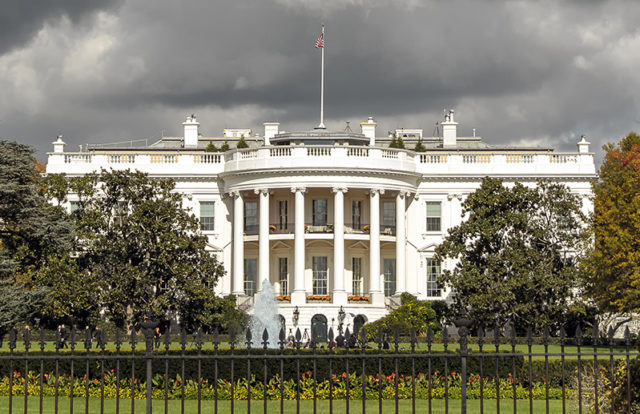
Ever since cybercriminal activities surged globally, the U.S. government initiated multiple cybersecurity measures to enhance security and defend against cyberattacks. Deputy Attorney General Lisa O. Monaco recently announced the launch of the Civil Cyber-Fraud Initiative, which will combine the department’s expertise in civil fraud enforcement, government procurement and cybersecurity to combat emerging cyberthreats in the country.
“For too long, companies have chosen silence under the mistaken belief that it is less risky to hide a breach than to bring it forward and to report it. Well, that changes today. We are announcing today that we will use our civil enforcement tools to pursue companies, those who are government contractors who receive federal funds, when they fail to follow required cybersecurity standards — because we know that puts all of us at risk. This is a tool that we have to ensure that taxpayer dollars are used appropriately and guard the public fisc and public trust,” said Monaco.
Civil Cyber-Fraud Initiative
The Civil Cyber-Fraud initiative aims to develop actionable recommendations to enhance and expand the Department of Justice (DoJ) efforts against cyberthreats. The initiative utilizes the False Claims Act to pursue cybersecurity-related frauds by government contractors and grant recipients.
The operations of the Civil Cyber-Fraud initiative include:
- Building overall resiliency against cybersecurity intrusions across the government, the public sector and key industry partners
- Holding contractors and grantees to their commitments to protect government information and infrastructure
- Supporting government experts’ efforts to timely identify, create and publicize patches for vulnerabilities in commonly-used information technology products and services
- Ensuring that companies that follow the rules and invest in meeting cybersecurity requirements are not at a competitive disadvantage
- Reimbursing the government and the taxpayers for the losses incurred when companies fail to satisfy their cybersecurity obligations
- Improving overall cybersecurity practices that will benefit the government, private users, and the American public
“The initiative will hold accountable entities or individuals that put U.S. information or systems at risk by knowingly providing deficient cybersecurity products or services, knowingly misrepresenting their cybersecurity practices or protocols, or knowingly violating obligations to monitor and report cybersecurity incidents and breaches,” the DoJ said.
Tackling Cryptocurrency Misuse
In addition, the DoJ also created a National Cryptocurrency Enforcement Team (NCET) to manage investigations and prosecutions of misuses of cryptocurrency. The team is specially focused on crimes committed by virtual cryptocurrency exchanges, mixing and tumbling services, and money laundering infrastructure malicious actors.
The NCET initiative will:
- Investigate and prosecute cryptocurrency cases and develop strategic priorities
- Identify areas for increased investigative and prosecutorial focus, including professional money launderers, ransomware schemes, human traffickers, narcotics traffickers, and financial institutions working with cryptocurrency
- Develop and maintain relationships with federal, state, local, and international law enforcement agencies that investigate and prosecute cryptocurrency cases
- Train and advise federal prosecutors and law enforcement agencies in developing investigative and prosecutorial strategies
Besides, the NCET collaborates with private sector organizations with expertise in cryptocurrency matters to further the criminal enforcement mission.










